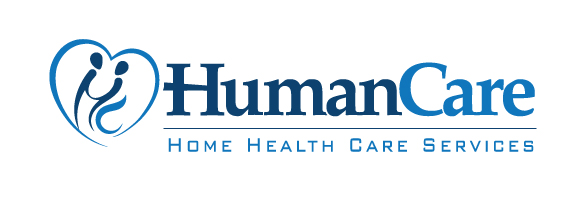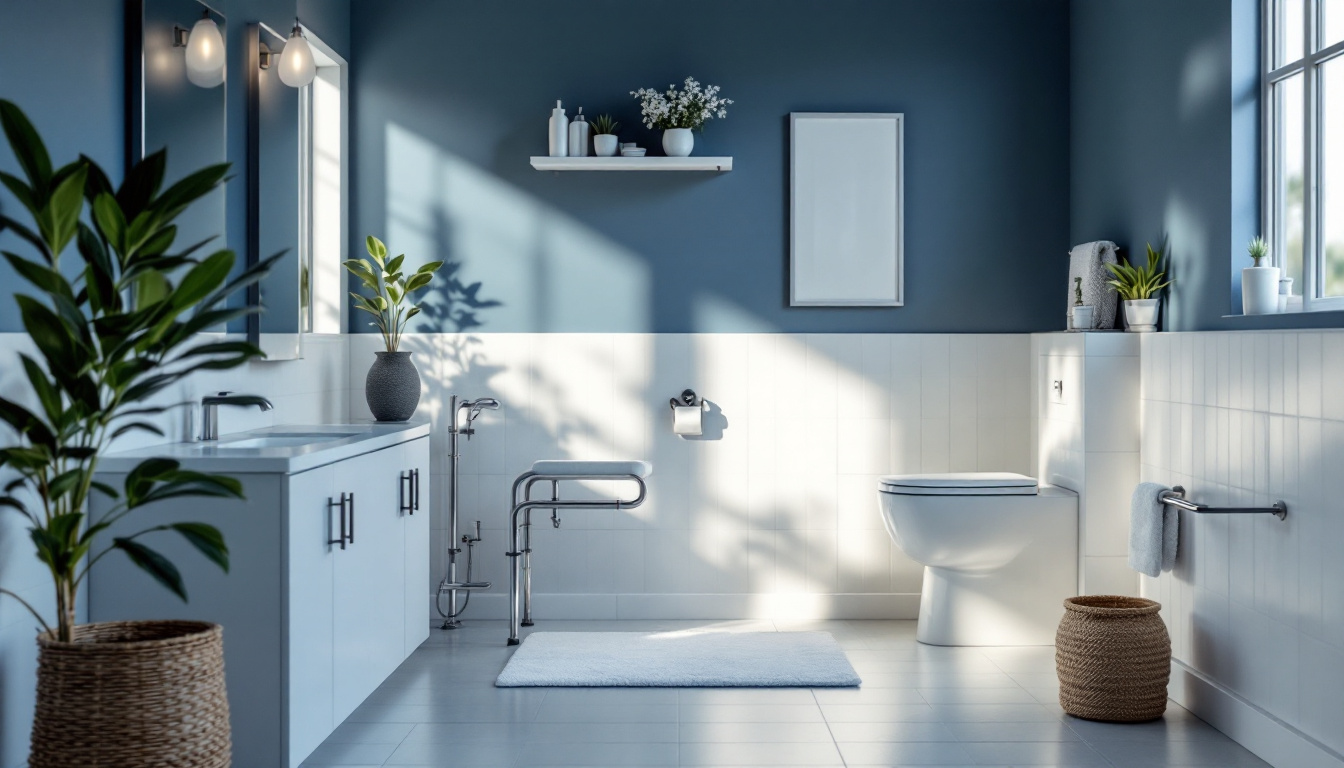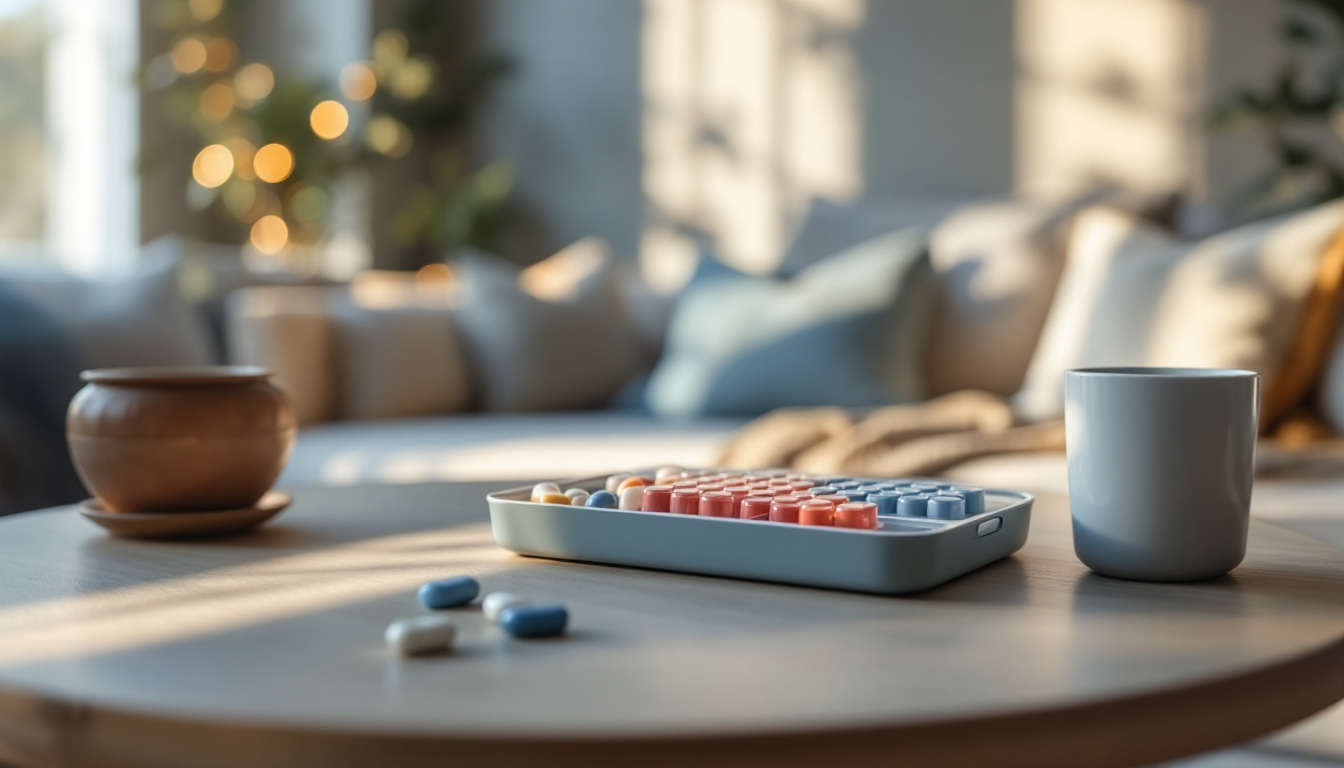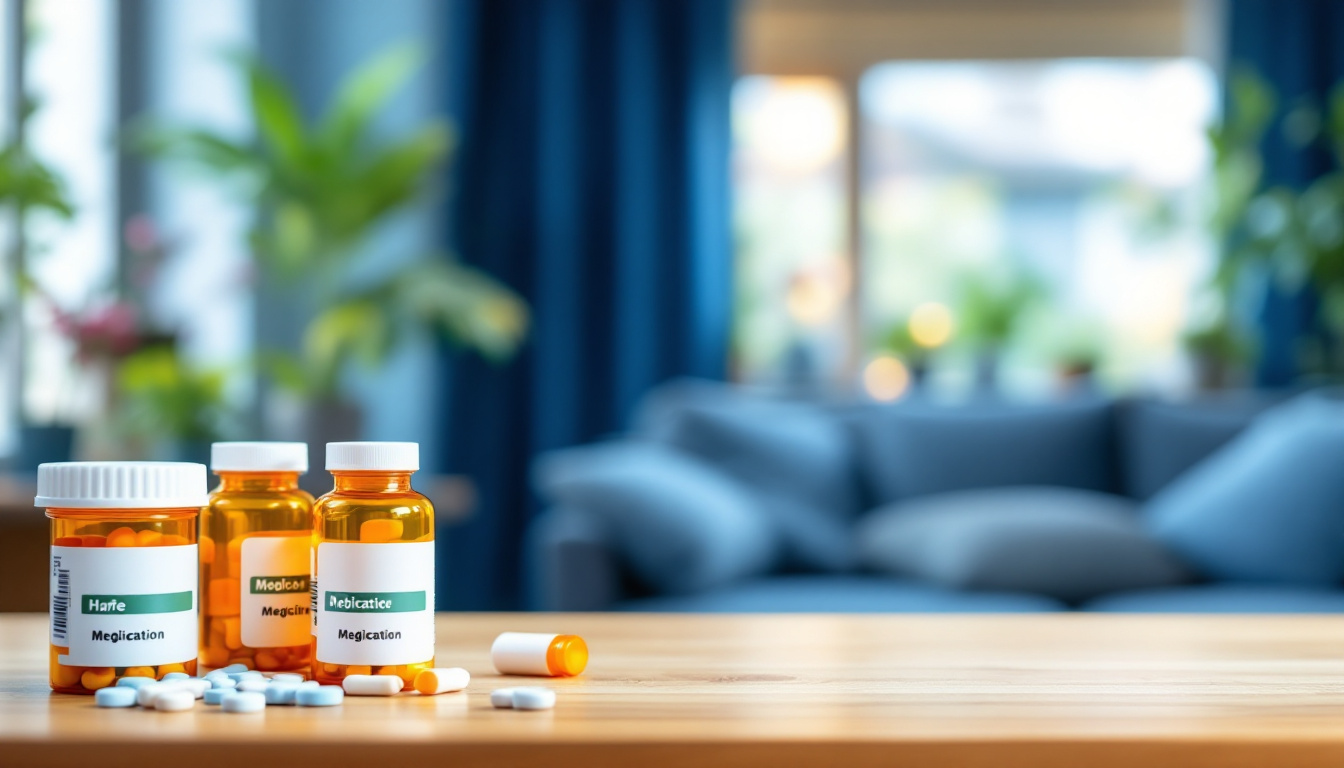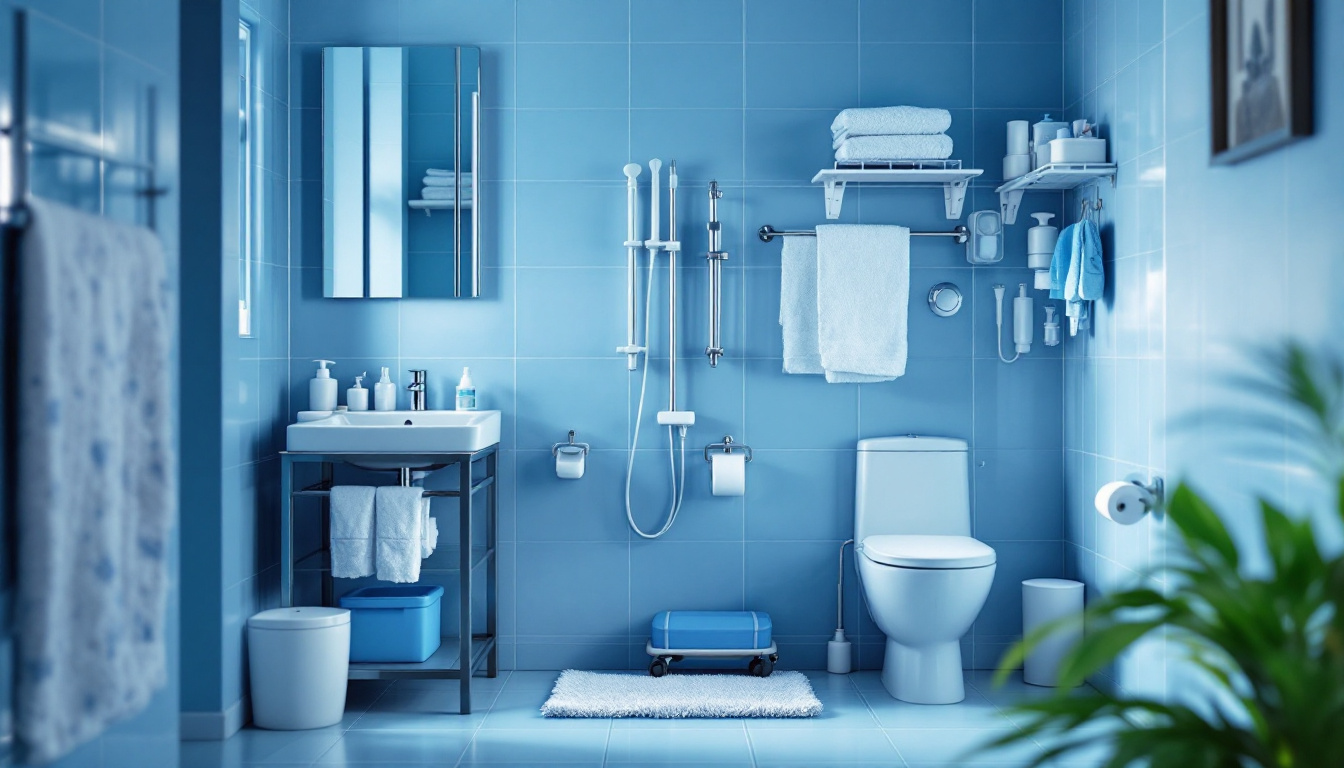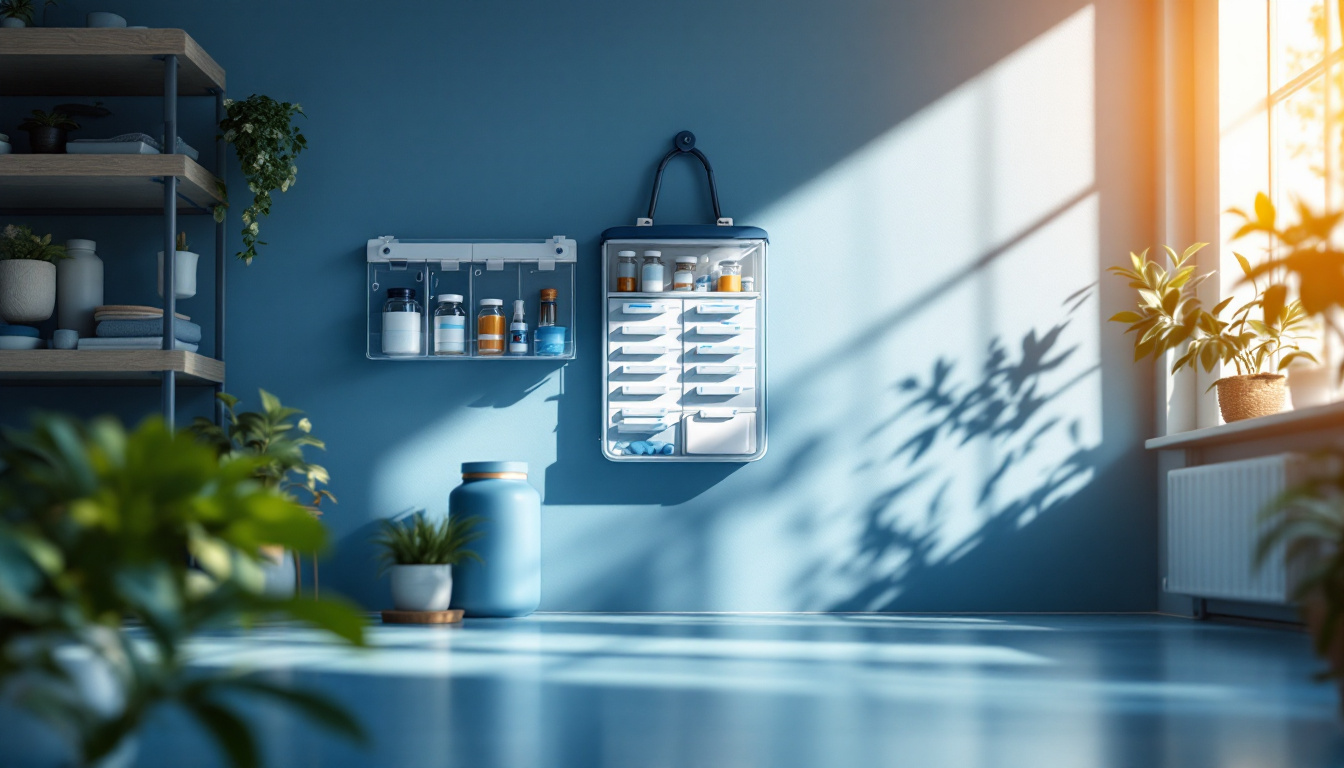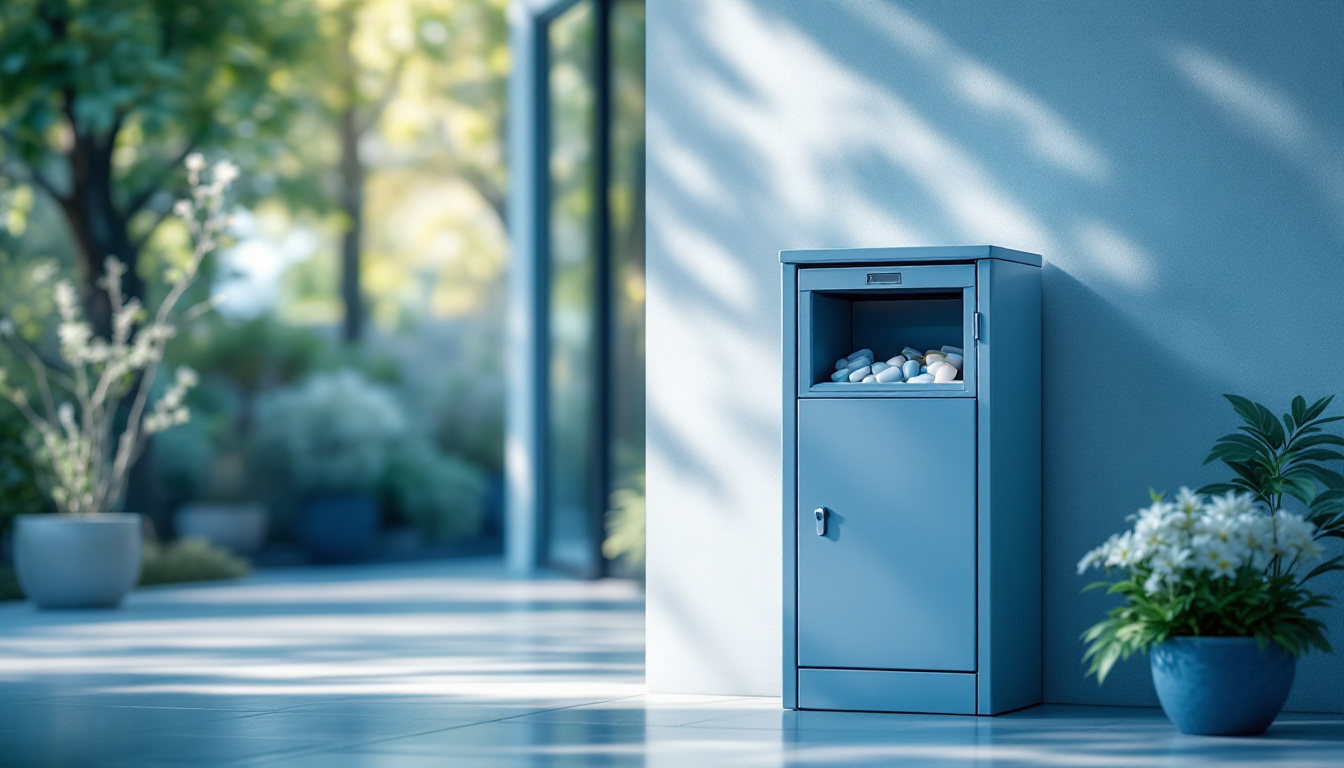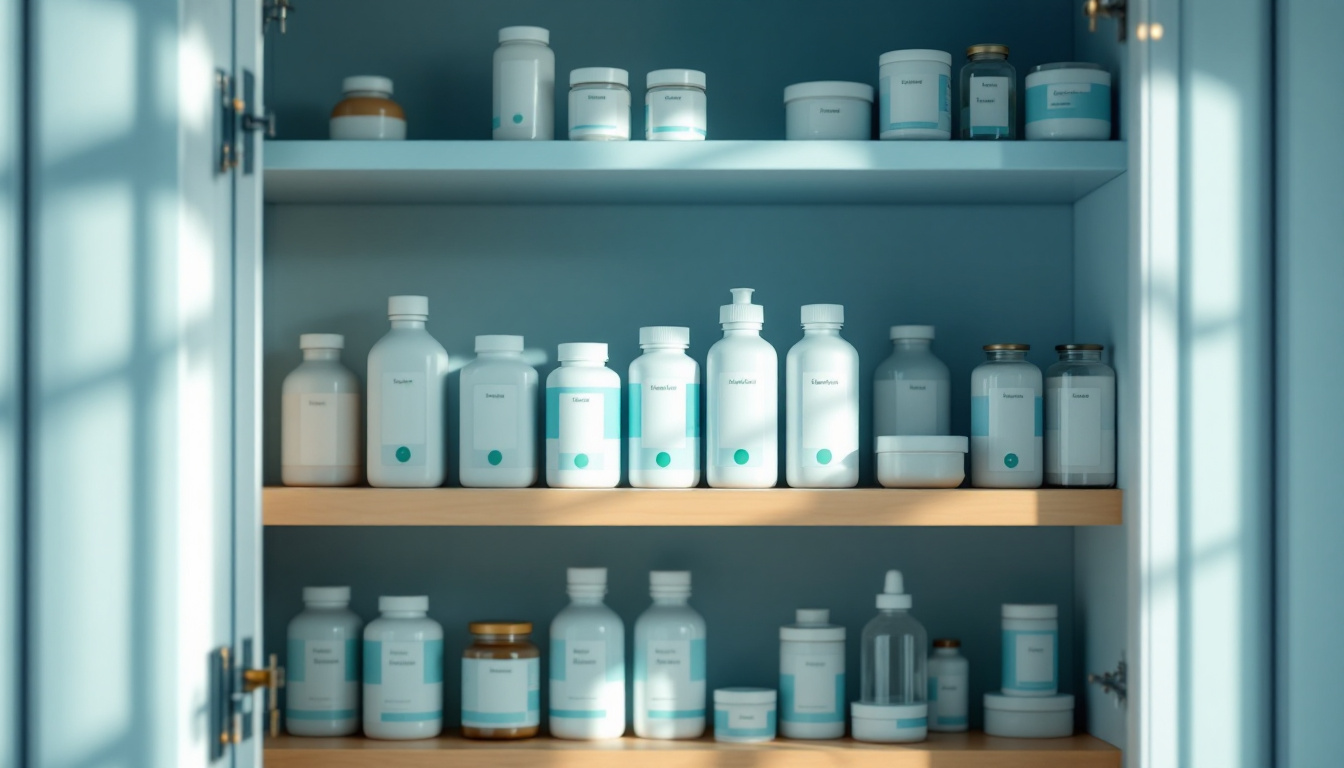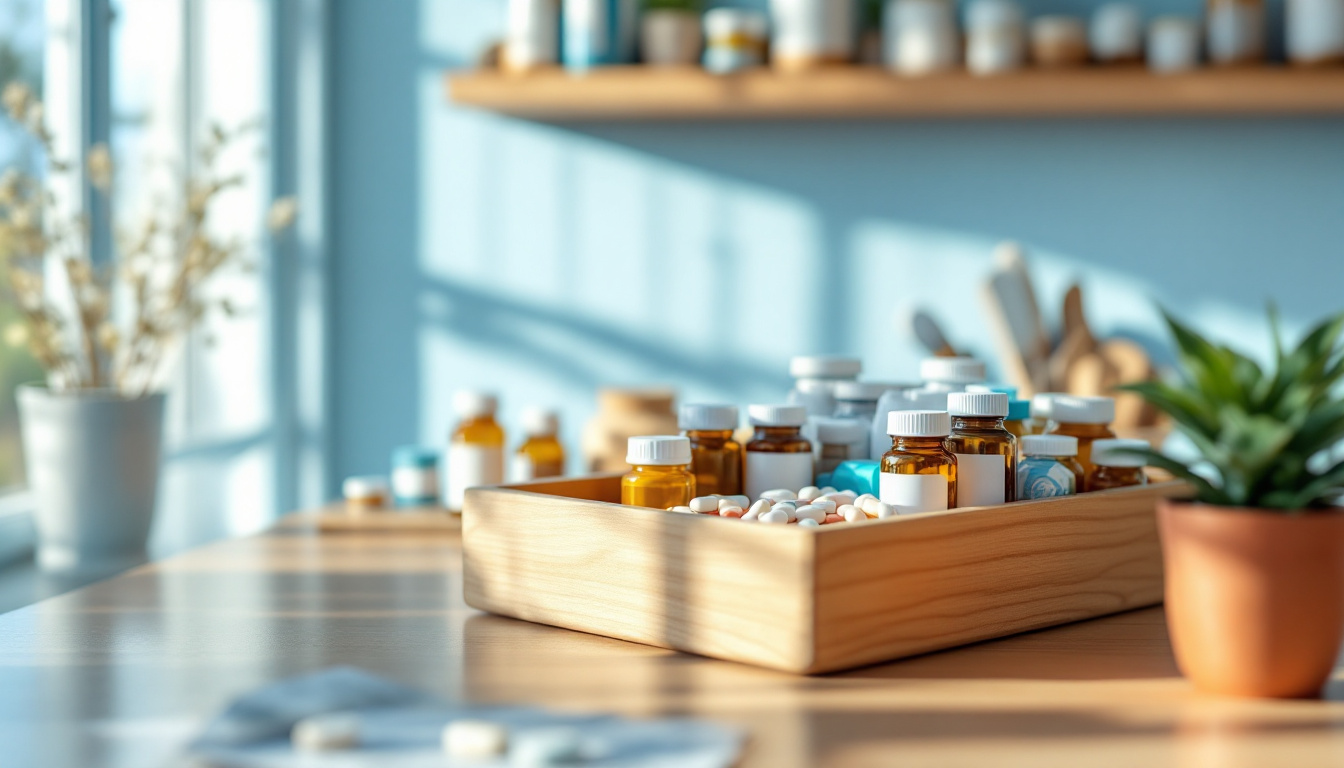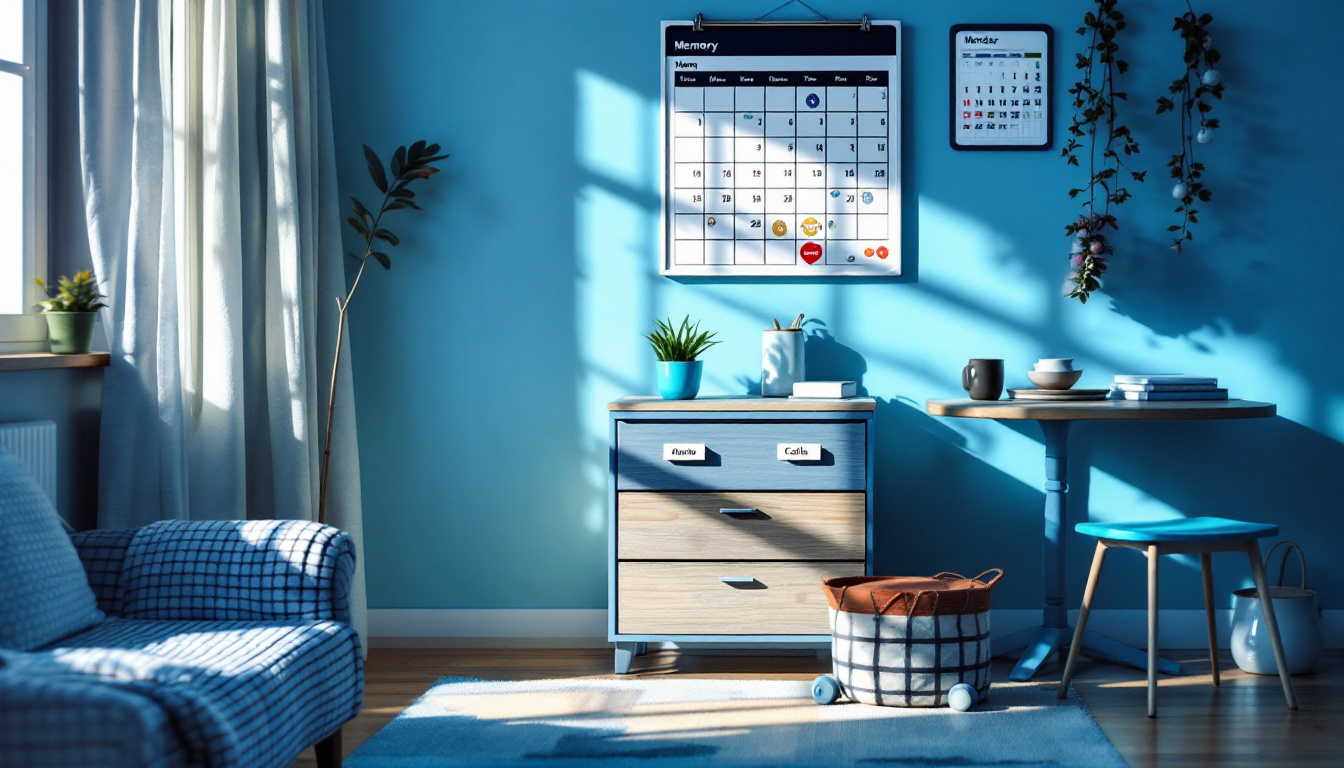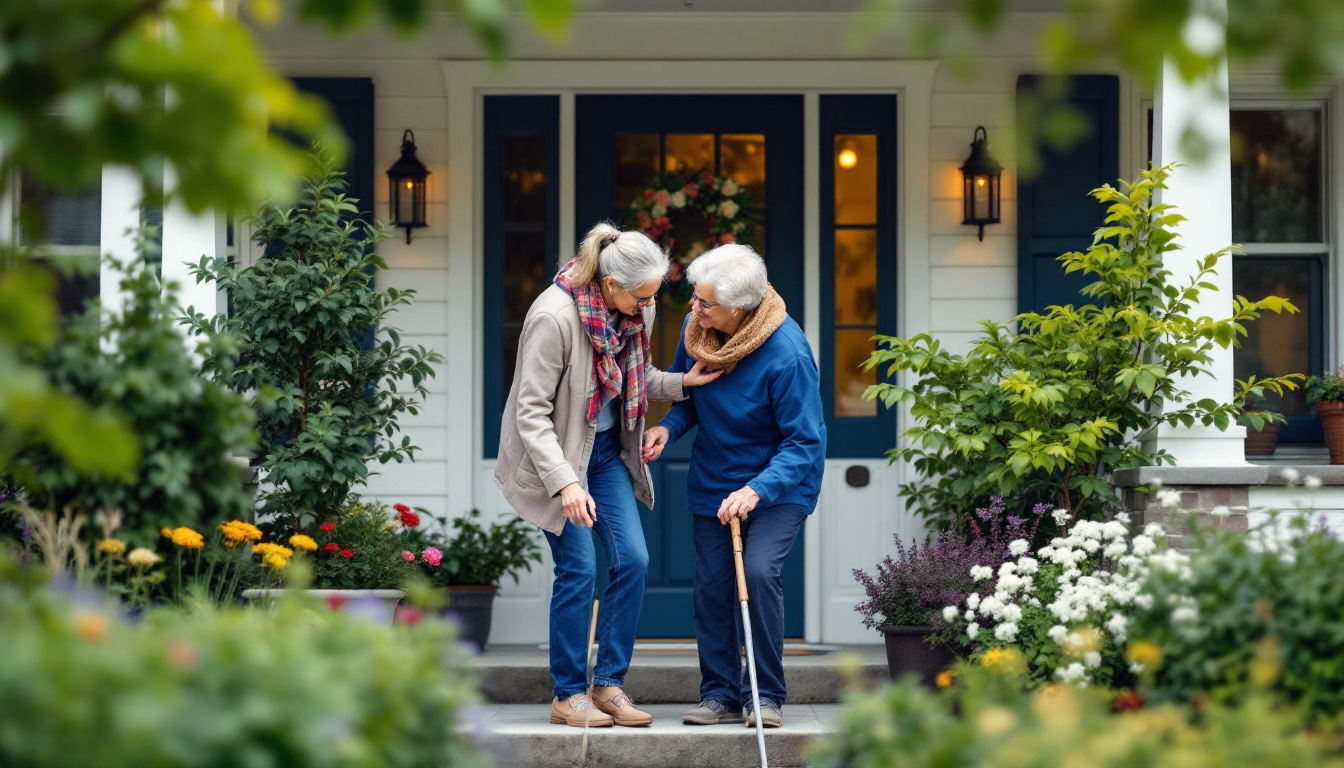Unmasking the Truth: The Essential Importance of Skin Integrity in Older Adults
Uncover the indispensable role of skin integrity in older adults. Learn how healthcare professionals and preventative strategies maintain healthy skin.
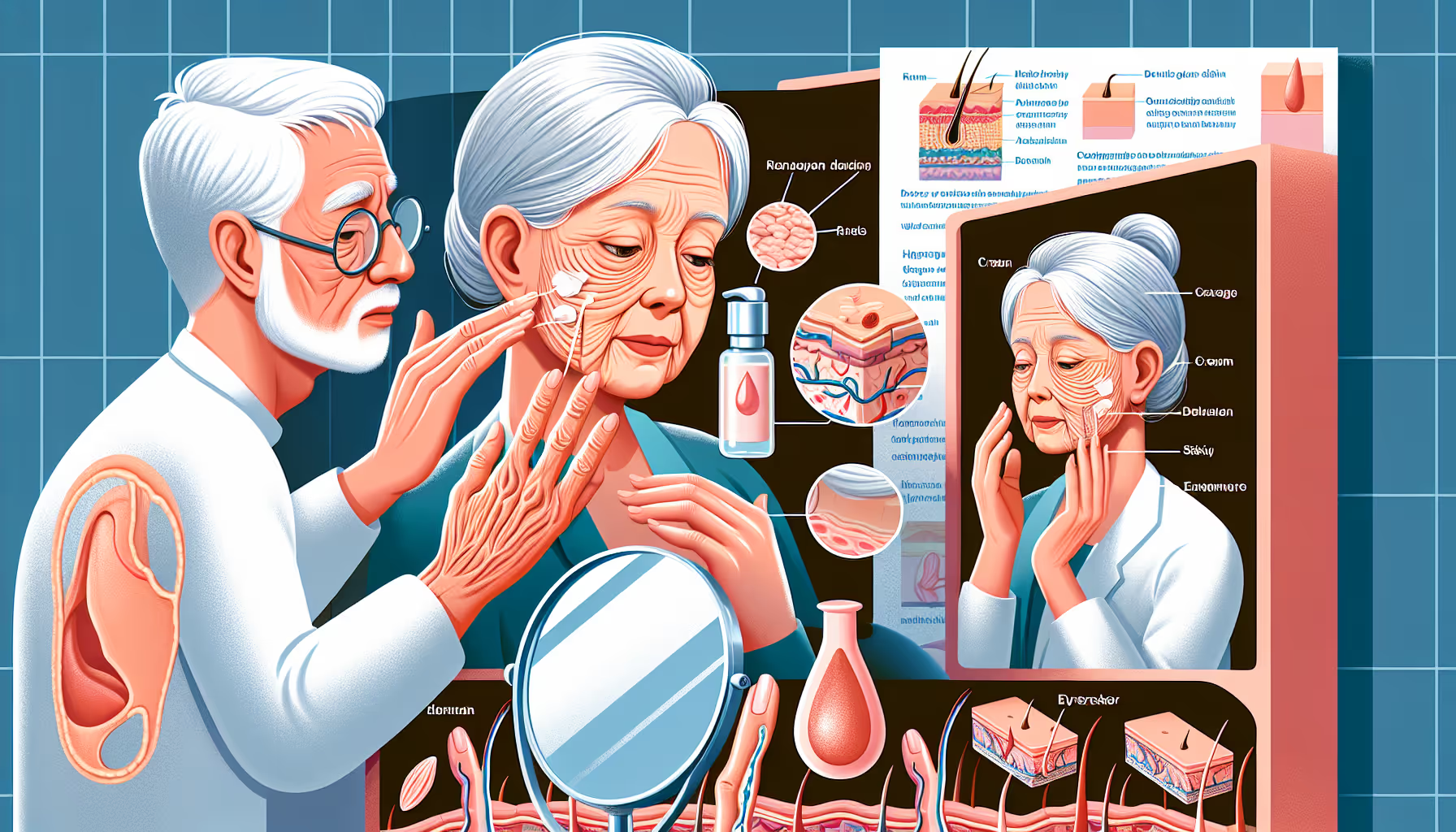
Importance of Skin Integrity
Maintaining skin integrity is of paramount importance, especially in older adults. The role of skin integrity in this population and its numerous functions cannot be understated.
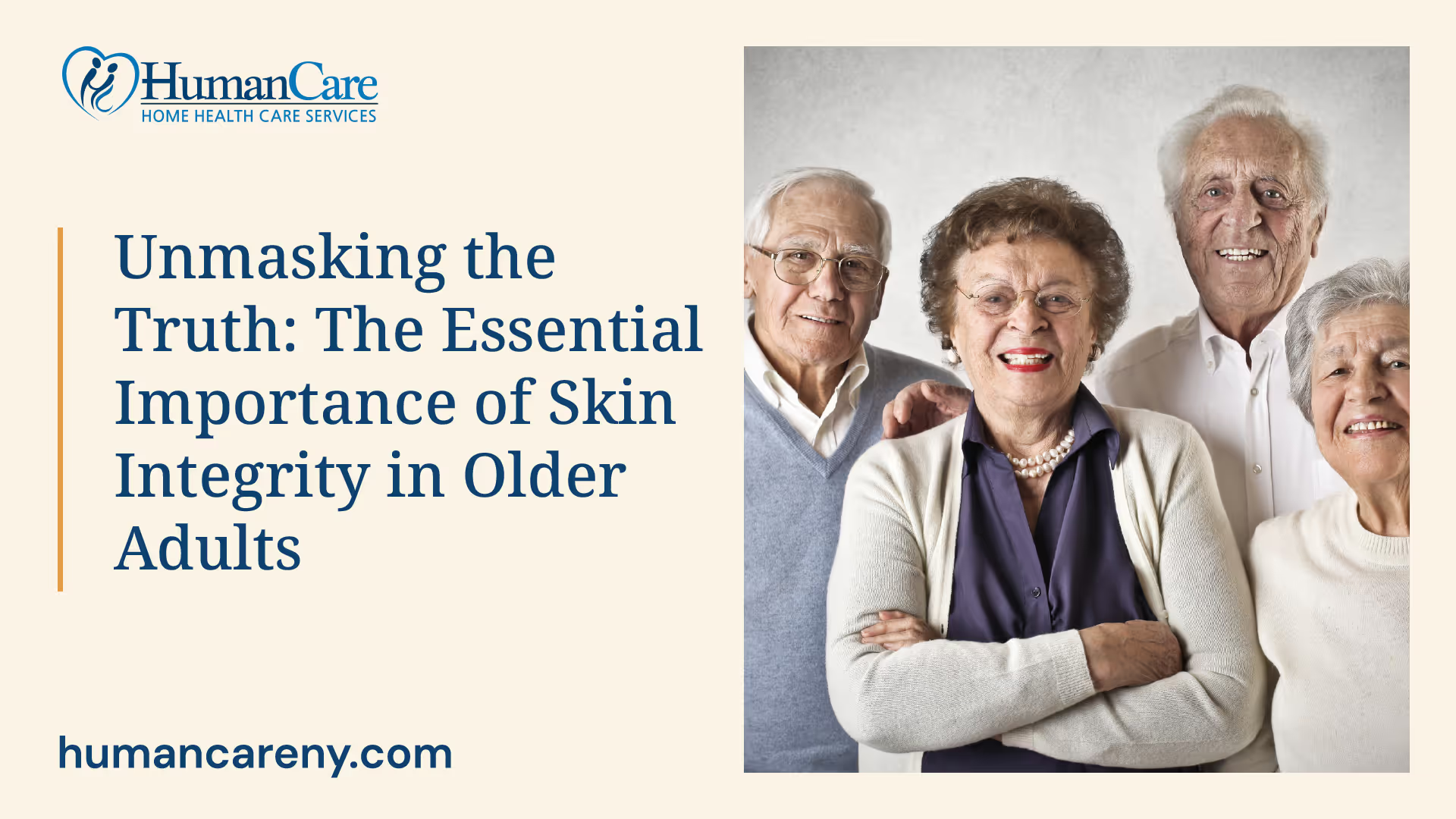
Role of Skin Integrity in Older Adults
The significance of skin integrity in older adults extends beyond mere aesthetics. It plays a key role in supporting elderly individuals, particularly those experiencing physical frailty, in maintaining their independence. Skin serves as a protective barrier, shielding the body from external threats such as microorganisms, chemicals, and UV radiation.
Functions of Skin Integrity
Skin integrity in older adults serves several essential functions, including:
- Protection against Infection: Intact skin acts as a barrier against pathogens, preventing the entry of harmful microorganisms and reducing the risk of infection. Any compromise in skin integrity can provide an entry point for bacteria, increasing the susceptibility to infections.
- Wound Healing: Skin integrity is crucial for the healing of wounds. When the skin is intact, it provides an optimal environment for the natural healing process, allowing for the regeneration of new tissue and the closure of wounds.
- Thermoregulation: The skin plays a vital role in regulating body temperature. It helps to dissipate excess heat through sweat production and evaporation, preventing overheating. Conversely, it aids in conserving heat during colder temperatures by reducing heat loss.
- Sensation: Skin is rich in sensory receptors, allowing individuals to perceive various tactile sensations such as touch, pressure, and temperature. These sensory inputs are essential for maintaining balance, coordination, and overall spatial awareness.
- Vitamin D Synthesis: Skin exposed to sunlight is capable of synthesizing vitamin D, which is crucial for maintaining bone health and supporting the immune system.
Understanding the importance of skin integrity in older adults helps highlight the need for interventions and preventative measures to maintain skin health in this population. By prioritizing skin integrity, healthcare professionals can help mitigate potential complications and enhance the overall well-being of older adults.
Factors Affecting Skin Integrity in Older Adults
Maintaining skin integrity is crucial for the overall well-being of older adults. However, several factors can affect the health and integrity of their skin. These factors can be categorized into aging-related changes, intrinsic factors, and extrinsic factors.
Aging and Skin Integrity
As individuals age, their skin undergoes natural changes that can impact its integrity. The aging process includes thinning and flattening of the junction between the epidermis and dermis, reduced circulation, and decreased moisturizing factors leading to dry, flaky skin and an increased risk of breakdown [2]. The structural alterations in the skin make it more susceptible to damage and compromise its ability to heal efficiently.
Intrinsic Factors
Intrinsic factors refer to internal factors that contribute to skin integrity issues in older adults. These factors may include pre-existing health conditions, chronic illnesses, and individual characteristics. Common intrinsic factors affecting skin integrity include:
- Diabetes: Individuals with diabetes may experience compromised skin integrity due to reduced blood circulation, impaired wound healing, and increased susceptibility to infections.
- Skin diseases: Conditions such as eczema, psoriasis, or other dermatological disorders can weaken the skin's barrier function and increase the risk of skin damage.
- Poor nutrition: Inadequate intake of essential nutrients can impact the health of the skin, making it more vulnerable to injury and impairing the healing process.
- Vascular diseases: Conditions like peripheral artery disease can reduce blood flow to the skin, compromising its integrity and healing capacity.
Extrinsic Factors
Extrinsic factors are external factors that can affect the skin integrity of older adults. These factors may include environmental and lifestyle-related elements. Common extrinsic factors affecting skin integrity include:
- Pressure: Prolonged pressure on specific areas of the body, such as when sitting or lying down for extended periods, can lead to pressure ulcers and skin breakdown.
- Friction and shearing: Friction caused by rubbing or shearing forces can damage the skin, especially when combined with moisture. This can occur during activities like repositioning or transferring.
- Falls: Older adults who experience falls are at an increased risk of skin injuries, including cuts, abrasions, and bruises.
- Immobility: Lack of mobility can contribute to prolonged pressure on certain body areas, leading to the formation of pressure ulcers.
- Surgical procedures: Surgeries can disrupt the skin's integrity, making it more susceptible to infection and delayed healing.
Understanding the factors that affect skin integrity in older adults is essential for healthcare professionals and caregivers to implement appropriate preventative measures and interventions. By addressing these factors, it is possible to minimize the risk of skin damage and maintain the overall health and well-being of older individuals.
Consequences of Impaired Skin Integrity
Impaired skin integrity in older adults can have significant consequences on their overall health and well-being. It is crucial to understand these consequences in order to emphasize the importance of maintaining skin integrity. The primary consequences include pressure ulcers, increased risk of infection, and impaired quality of life.
Pressure Ulcers
Pressure ulcers, also known as bedsores or pressure sores, are a common consequence of impaired skin integrity in older adults. These ulcers develop when prolonged pressure is applied to certain areas of the body, typically over bony prominences. According to PubMed, the loss of skin integrity can result in the formation of pressure ulcers.
Pressure ulcers can lead to pain, discomfort, and open wounds. They are more likely to occur in individuals who are immobile or have limited mobility. The severity of pressure ulcers can range from mild redness and inflammation to deep, infected wounds. These ulcers can significantly impact an individual's mobility and quality of life if not properly managed.
Increased Risk of Infection
Impaired skin integrity increases the risk of infection in older adults. When the skin is compromised, it becomes more susceptible to bacterial, fungal, and viral infections. The skin acts as a protective barrier against harmful pathogens, and any breach in its integrity can create an entry point for microorganisms.
Infections can range from superficial skin infections to more severe systemic infections. Older adults with impaired skin integrity are particularly vulnerable to infections such as cellulitis, abscesses, and sepsis. These infections can lead to further complications, prolonged hospital stays, and increased healthcare costs.
Impaired Quality of Life
The consequences of impaired skin integrity can significantly impact the quality of life for older adults. Chronic pain, discomfort, and limited mobility associated with pressure ulcers can lead to decreased independence and reduced participation in activities of daily living. The emotional and psychological impact of these consequences should not be underestimated.
Additionally, the management of pressure ulcers and associated infections often requires prolonged wound care, which can be time-consuming, physically demanding, and emotionally draining for both the individual and their caregivers. The impact on mental health, self-esteem, and overall well-being should be considered when addressing the importance of maintaining skin integrity in older adults.
By understanding the consequences of impaired skin integrity, healthcare professionals can emphasize the importance of prevention and early intervention. Through proper assessment, monitoring, and implementation of preventative measures, the negative impact on older adults' health and quality of life can be mitigated.
The Role of Healthcare Professionals in Maintaining Skin Integrity
When it comes to maintaining skin integrity in older adults, healthcare professionals, particularly nurses, play a crucial role in assessing, monitoring, and implementing interventions to preserve the health of the skin. By actively addressing skin integrity, healthcare professionals can prevent skin breakdown and associated complications, ensuring the overall well-being of older adults.
Assessing and Monitoring Skin Condition
Upon admission and throughout a patient's stay in the hospital, healthcare professionals should conduct a thorough skin assessment, especially for older adults. This allows for early detection of any issues and the prompt implementation of appropriate interventions to prevent the development of pressure ulcers. Regular skin monitoring is essential to identify changes in the skin's condition, identify areas at high risk for breakdown, and track the effectiveness of preventive measures. By assessing and monitoring the skin, healthcare professionals can intervene proactively to preserve skin integrity and prevent complications.
Implementing Preventative Measures
Effective implementation of preventative measures is key to maintaining skin integrity in older adults. Healthcare professionals should collaborate and communicate with the multidisciplinary team to develop a comprehensive care plan that addresses the individual needs of each older patient. By sharing information about the patient's skin condition, risk factors, and preventive strategies, healthcare professionals can work together to enhance the overall quality of care provided.
Preventative measures may include:
- Using pressure-relieving devices such as special mattresses and cushions to reduce the pressure on vulnerable areas.
- Encouraging adequate nutrition and hydration as balanced nutrition helps the skin repair itself, while hydration prevents dryness and cracking, which can increase the risk of pressure ulcers.
- Promoting regular movement and repositioning to relieve pressure on vulnerable areas and improve blood circulation, reducing the risk of developing pressure ulcers.
- Maintaining good hygiene practices to keep the skin clean and free from irritants or contaminants.
- Regularly inspecting the skin for any signs of irritation or damage, allowing for early intervention.
By implementing these preventative measures, healthcare professionals can minimize the risk of pressure ulcers and maintain skin integrity in older adults.
Providing Wound Care
In cases where skin breakdown or wounds occur, healthcare professionals have a vital role in providing appropriate wound care. This may involve cleaning the wound, applying dressings, and ensuring proper wound healing. By following evidence-based wound care practices, healthcare professionals can facilitate the healing process, prevent infection, and ultimately promote skin integrity in older adults.
By actively engaging in assessing and monitoring skin condition, implementing preventative measures, and providing wound care, healthcare professionals contribute significantly to maintaining skin integrity in older adults. Their expertise and dedication help prevent complications, improve the quality of life for older adults, and ensure optimal skin health in healthcare settings.
Strategies for Maintaining Skin Integrity in Older Adults
To ensure the maintenance of skin integrity in older adults, implementing effective strategies is essential. Proper hygiene and skincare practices, prevention of skin damage, and regular repositioning and inspections are crucial aspects to consider.
Hygiene and Skincare Practices
Maintaining good hygiene and skincare practices is fundamental for preserving skin integrity in older adults. Personal hygiene, including regular bathing or showering, helps remove dirt, sweat, and bacteria from the skin, reducing the risk of infections. It is important to use mild, pH-balanced cleansers that are gentle on the skin to avoid stripping natural oils and causing dryness.
In addition to cleansing, moisturizing the skin is vital to prevent dryness and maintain its barrier function. Emollients or moisturizers can help restore and retain moisture, contributing to skin elasticity and overall comfort. However, it is important to note that the current evidence regarding the effects of hygiene and emollients on maintaining skin integrity in older adults is inadequate [4]. More research is needed to guide practice and determine the optimal frequency and type of skincare interventions.
Prevention of Skin Damage
Preventing skin damage is crucial for maintaining skin integrity in older adults. This includes protecting the skin from friction, shear, pressure, and other factors that can lead to skin breakdown. The use of appropriate protective measures, such as specialized cushions or mattresses, can help distribute pressure evenly and reduce the risk of pressure ulcers.
Regularly inspecting the skin for any signs of redness, discoloration, or damage is essential. Promptly addressing any areas of concern, such as applying a barrier cream or dressing, can prevent further deterioration. Promoting awareness of the importance of skin protection and educating caregivers and healthcare professionals on proper techniques for prevention are also vital.
Regular Repositioning and Inspections
Regular repositioning is crucial to reduce the risk of pressure ulcers and maintain skin integrity. Encouraging older adults to change their position every two hours or as recommended by healthcare professionals can help relieve pressure on certain areas of the body. This practice improves blood circulation and prevents prolonged pressure on specific points, reducing the likelihood of skin damage.
Alongside regular repositioning, regular skin inspections are essential. Conducting thorough skin assessments allows for the early detection of any changes or abnormalities. This enables prompt intervention and necessary adjustments to prevent further complications.
By implementing these strategies, older adults can maintain optimal skin integrity, reducing the risk of pressure ulcers, infections, and discomfort. However, it is important to note that more high-quality research is needed to provide better guidance and evidence-based practices for maintaining skin integrity in older adults.
